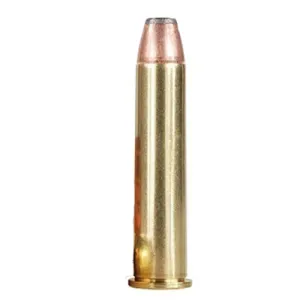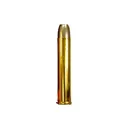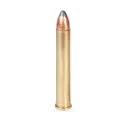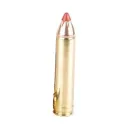Head to Head Comparison


0 Reviews
0 Reviews

0 Reviews
0 Reviews


0 Reviews
0 Reviews

0 Reviews
0 Reviews
MSRP:
$0.00Used Price:
$0.00New Price:
$0.00MSRP:
$0.00Used Price:
$0.00New Price:
$0.00Height
2.11
0.00
Average FPS
1680
Average Grain
363
Average Energy
2274
Recoil
2.43
0.00
Ballistic Coefficient
265.60


.38-55 Winchester vs .45-70 Government


.308 Winchester (7.62mm NATO) vs .45-70 Government


.45-70 Government vs .444 Marlin


.45-70 Government vs .454 Casull


.45-70 Government vs .450 Bushmaster


.45-70 Government vs .405 Winchester


.45-70 Government vs .450 Marlin


.45-70 Government vs .338 Marlin Express


.45-70 Government vs .458 Winchester Magnum